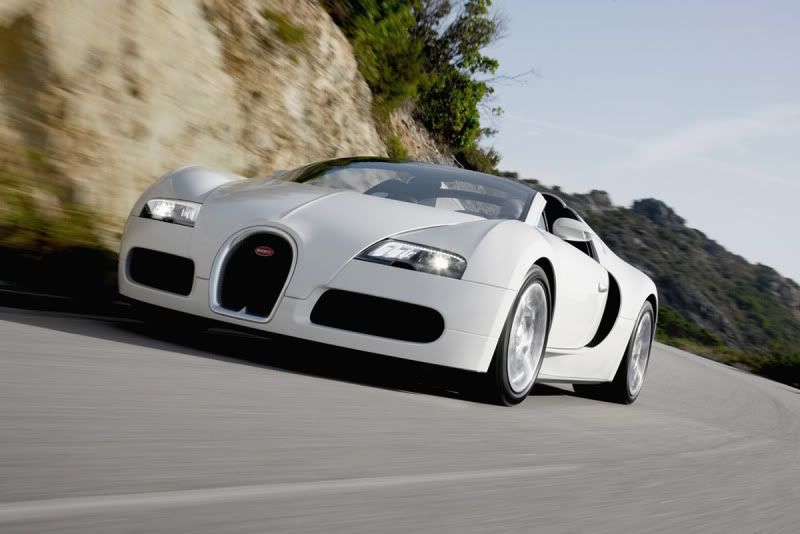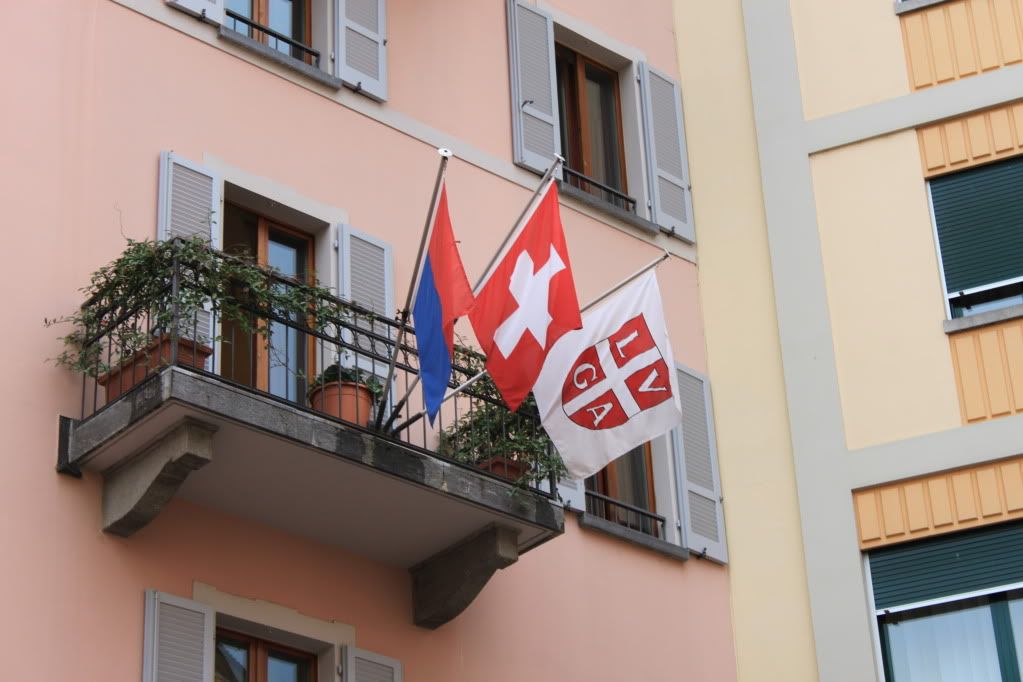 Recently, while googling a few key search words, I found an article written by a person of whom I am familiar and have had contact with. This person, I had thought, was a proponent of our people, culture, and history. After scanning this article, I had largely changed my opinion of him.
Recently, while googling a few key search words, I found an article written by a person of whom I am familiar and have had contact with. This person, I had thought, was a proponent of our people, culture, and history. After scanning this article, I had largely changed my opinion of him.
Of course, you can't really judge a person by something that they might have written or typed at one particular time. Sometimes someone can go in a direction, and it might be misinterpreted. An individual may hold a certain principle that might, depending on the circumstances, be open to interpretation. However, this article made it quite clear, over and over, of what he believed.
He was pleased that our ancestral homeland was accepting massive third-world immigration from 152 different countries, with no end in sight. He was also upset that they weren't being treated well enough. Okay, that was enough of a mouthful, but it wasn't really what bothered me about this article. This person displayed some characteristics of a self-hating person. Every race or ethnic group has some self-hating people. In this case, I am referring to his assessment of what he referred to as the Italian experience in the United States, and he is not American. He believes that there is little difference between any culture within the Italian peninsula, and that Italians were an entirely downtrodden people in the United States, which basically led him to the brilliant conclusion that Italians in Italy have absolutely no right to oppose the new immigrants. He called it a crime against human history, or something of the like.
First of all, he's got everything wrong. I would like to react to him directly, however once I had done this via e-mail, to another person, and I later regretted it. First off, many European immigrant groups did a lot of pushing. They were aggressive people, just like the earlier pioneers, colonists, and settlers had been. Sometimes it was a class struggle, sometimes labor, sometimes xenophobia, sometimes religion, and sometimes it was just a reaction to large scale immigration to already heavily populated urban areas. The Irish immigrants often had it much worse than those who didn't speak English upon arrival. There's a lot to be said about his time period, and I could look further into the dynamics of it, but I don't want to now.
The 1999 HBO movie 'Vendetta' gave, I think, somewhat of a realistic look at probably the more negative aspects of this subject. Personally, I think the labor issue played the predominant role as far as bigotry, rather than religion or ethnicity. Louisiana was already largely Catholic then. Even black laborers opposed what was then large scale immigration. It should be noted that those New Orleans Italians were overwhelmingly Sicilian then, and today their descendants have merged with the French, Irish, Anglo-Saxons, etc. of that time, and are fully part of what might be called the "whites undifferentiated" majority of that state. Also, "national groups" of any background, were frowned upon in the historical South. In other words, the Protestant majority didn't want to see any "German club" or "Irish society." They wanted "American only," which meant "whites undifferentiated" for the most part.
The reason that this issue is being posted here, when it doesn't specifically have to do with our Lombardian heritage, is because this man IS of our heritage and has portrayed himself as a proponent of it. I simply cannot state his name now, in order to avoid damaging an already fragile cross-Atlantic communication with our kindred in Lombardy. 'Vendetta' also portrayed the Sicilian immigrants as being extremely industrious, as well as hard-working. Having grown up partly in what was still a largely "white ethnic San Francisco," with populations of second and third generation people whose grandparents and parents were from many different parts of Europe, I can say that white-on-white bigotry was very small for those assimilated into American society. However, with aggressive people from different backgrounds clashing and competing, even if they were white (back then), some very short-lived tensions could occur, which shouldn't be of any surprise.
There's much more I could look at, but I think I should stop there on that issue. There are legitimate grievances, and there are unreasonable sob stories. Everyone, every person, gets treated like crap at different times in their lives. However, nobody needs to rewrite history because of a bad experience or due to something that they perceive to be true like the person in question who sadly is... one of us. The same people who didn't want anyone in America unless they spoke English and were Protestant, which would not have included our people, are the same people who today adopt Haitian children and support the gay movement. All we should demand is that anyone who associates with us be a real proponent of OUR people. Some of our people might be Protestant, or gay, to use the examples that I just referred to. We're a folk family, period.
One "online friend" of mine is a woman from Wisconsin. I'm not sure if she was born in Sicily or Wisconsin. In any case, she grew up and lives in Wisconsin, the same area that my family came from. She is in her early fifties, a tall slender brunette, classy, a very attractive intelligent woman. She's very Wisconsin, but is proud of her roots, and interestingly is from a family who has maintained very close contact with relatives in Sicily. She has gone back there her entire life. I tend to believe in the "Israel homeland concept," by which a person can live in countries like the United States, Argentina, Australia, etc., while still holding onto their heritage. In other words, they have both their country and their "ancestral homeland" in a spiritual sense.
After I was so turned off by the earlier mentioned person's dark outlook and awful critical thinking ability for a short time, I thought of this woman and it gave me a brighter outlook. Her healthy spirituality, world view, and "can-do" attitude made this man look so small in my eyes. He's basically a bigot who wants to call others by that name. Although I may not be able to react to him like I might like, I feel more at ease that there are bright people like her to offset his bleak outlook.
.


